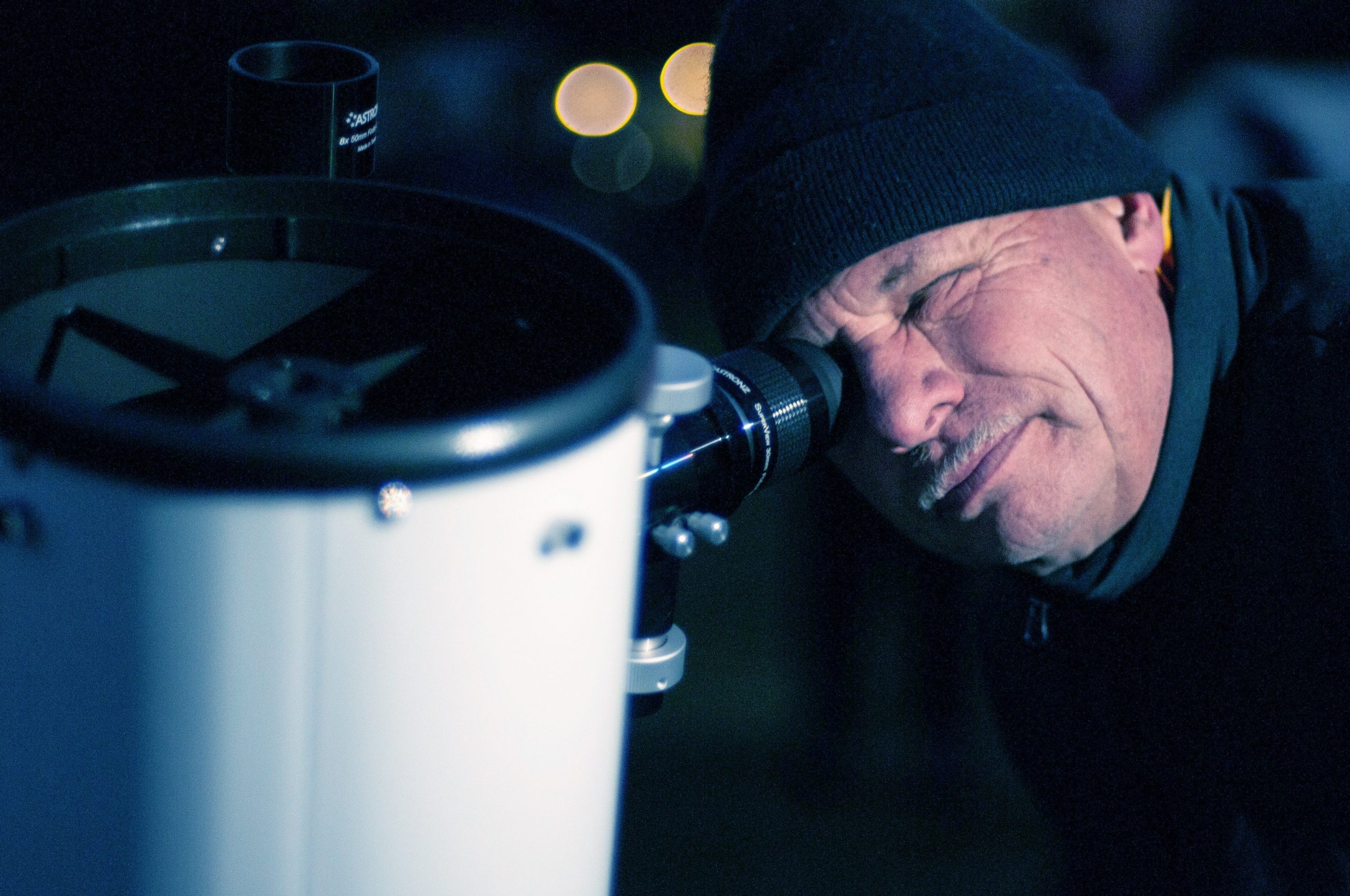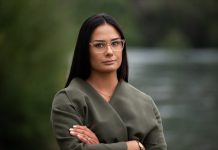A proposed plan change to protect the night skies over Naseby needs further consultation with iwi before it can be approved for public notification.
Since 2016, community development group Naseby Vision Incorporated Society, which represents more than 380 Naseby residents, holiday home owners, business people and farmers, has been pursuing a southern hemisphere first — International Dark-Sky (IDA) accreditation as a community.
At present New Zealand has three IDA accredited sites — a dark sky reserve in the Mackenzie Basin and sanctuaries above Great Barrier Island and Stewart Island.
In 2018, the report ‘‘Dark Sky New Zealand (DSNZ)’’ stated the sky quality of Naseby was ‘‘top tier’’ and noted Naseby sat well in comparison with the IDA accredited Aotea/Great Barrier Island Reserve, and the Aoraki Mackenzie/Tekapo Sanctuary.
If successful, the dark sky accreditation (community) would be the first of its type in New Zealand.
Council’s proposed Plan Change 22 would see provisions laid out in the district plan protecting the quality of Naseby’s dark skies through the establishment of lighting codes, local monitoring of compliant outdoor lighting codes, and increasing awareness of light pollution.
These would come into effect when new development in the area was proposed.
Implementing the plan change would enable Naseby Vision to submit an application to the IDA for dark sky reserve accreditation.
At a meeting of the Central Otago District Council last week, principal policy planner Ann Rodgers said Naseby Vision had undertaken a comprehensive process with the community and the IDA, and provided a considerable amount of information upon which to base a new chapter in the district plan.
The proposed rules would not impact on existing lighting arrangements and would ensure the quality of the dark skies currently enjoyed by the Naseby community and visitors.
‘‘Naseby is really special in terms of dark skies. They’re described by amateur astronomers as being like a black hole . . . it’s really, really dark so that’s something worth protecting and the community really support it,’’ she said.
Council staff have initiated engagement with iwi authorities through Aukaha and would continue to do so prior to the plan change being notified, she said.
However, councillor Tamah Alley was concerned engagement with iwi had been left to the end of the process.
‘‘I think it’s wonderful that it’s got to this stage but I’m just a little bit worried about the engagement with [Ngai Tahu’s commercial consultancy arm] Aukaha and it being right at the end when we’ve got a document, that this is not the way we want to be operating and how that may be remedied,’’ she said.
Ms Rodgers said while it was towards the end of the process, she had been having ‘‘quite active discussions’’ with staff at Aukaha about the programme.
After discussion, it was agreed the plan change should go back to council after it had been reviewed by Aukaha and before it was notified.





